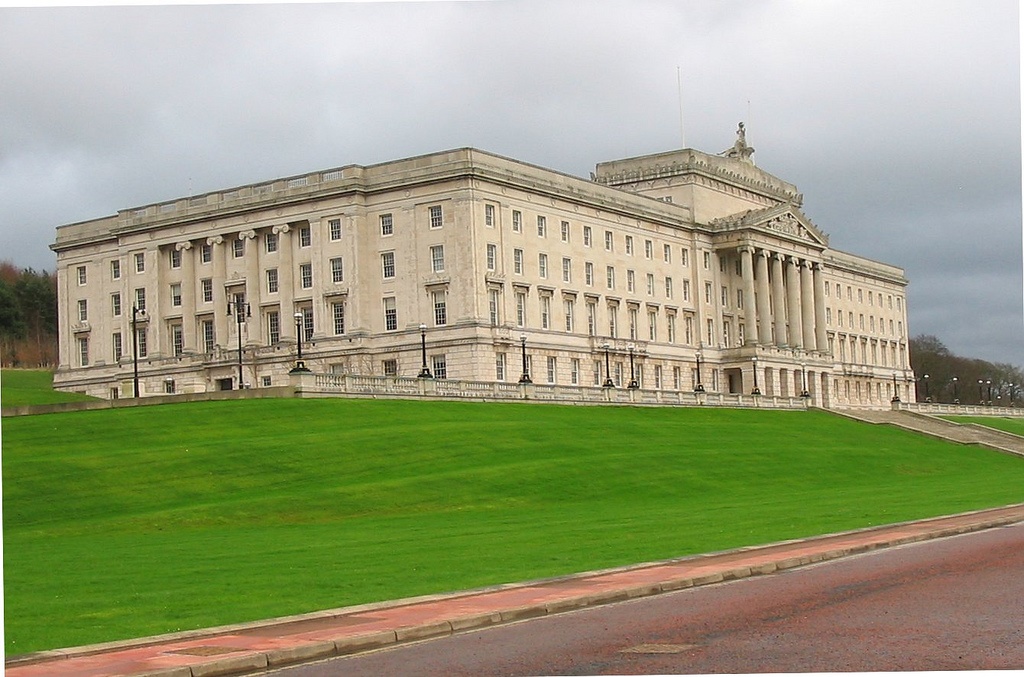The Economy
The results showed that 35% of local Chartered Accountants feel that the local economy is stagnant; 21% believe that the economy is contracting; 42% felt that the economy was growing. However, only 11% feel that the NI Economy is growing “strongly or moderately”, compared with 46% last year.
The survey also suggests that the number of local businesses in financial distress is increasing, with 44% of those surveyed saying that financial distress is increasing (up from 28% in the 2018 survey and 16% in 2017).
In terms of the year ahead, 51% rated the local economic prospects as ‘poor’ or ‘very poor’, while only 9% rated prospects as ‘good’ or ‘very good’.
Along with political uncertainty and Brexit, cutbacks in Government spending and an increased cost of doing business were the main concerns of respondents.
The global outlook was cited as the main positive factor for the local economy, although this was not viewed as positively as in 2018.
Brexit
Only 10% said that they would support the UK leaving the EU with ‘no deal’ in place. The survey showed strong support for the UK remaining part of the European Union. 48% back revoking Article 50 to stay in the EU while a further 29% back a second EU referendum.
84% of Northern Ireland’s Chartered Accountants said that Brexit was negatively impacting the local economy,. 59% of those surveyed said that Brexit has negatively impacted investment plans for their business; by contrast only 1% said it had positively impacted plans. 46% said it had negatively impacted sales growth (compared with just 5% noting a positive impact).
83% of respondents said that the lack of a Stormont Executive was negatively impacting Northern Ireland’s position in Brexit negotiations.
Impact of Stormont Collapse
The survey of business leaders revealed strong views about the damaging impact of the suspension of the Northern Ireland Executive.
89% of those surveyed said that the lack of an Executive was having a negative effect on business confidence. 86% said it was negatively affecting business investment intentions.
94% felt that the provision of public services has been negatively impacted. 97% said that the Stormont collapse has negatively impacted Government spending decisions.
Corporation Tax
A majority of local Chartered Accountants (61%) felt that Northern Ireland could still benefit from the devolution of corporation tax powers and the ability to set a lower corporation tax rate.
It was also felt, however, that the chances of a reduced Corporation Tax rate being introduced were low. 78% said it was unlikely within the next 5 years. 60% do not believe that it will ever happen.
Skills
The survey also showed that skill shortages have become more prevalent over the last year. 48% said that their organisation was experiencing skill shortages, compared to 39% in 2018. The perceived skill shortages were higher among those from larger employers in Northern Ireland.
Two thirds of those surveyed said that it was becoming increasingly difficult to find the right people for jobs generally in Northern Ireland. The same percentage (66%) said that there was a lack of skilled people to fill skilled positions in Northern Ireland.
Over three quarters (76%) said that it will be more difficult to attract skilled workers to Northern Ireland if the UK leaves the European Union.
Comment
Richard Gillan, Chairman of Chartered Accountants Ulster Society which represents over 4,600 Chartered Accountants in Northern Ireland said: “Our members” feel that we have taken a considerable step backwards in the last year.
“Concerns about the democratic deficit in Northern Ireland and the uncertainty over Brexit have not been addressed. The longer these go on, the more difficult it is for local business to contribute to growth, jobs and a better quality of life in Northern Ireland.
“It is vital that the Northern Ireland Executive is restored as soon as possible. It is now two and a half years since its collapse and the impasse is leading to stagnation, it is affecting business investment and it is affecting the provision of public services.
“We want to send a clear message to our politicians that the lack of day to day decision making cannot go on. It is time for them to come together to create a clear vision and a stimulus package which can provide a step change not just for the local economy, but for education and healthcare provision in Northern Ireland as well.
“It is time for political stability. It is time to fund local infrastructure and drive forward capital spending projects. It is time to invest in young people. It is time to reform health care. It is time to introduce a new private sector economic stimulus package and to provide a clear economic plan for the decade ahead.
“Our members span every sector of business life in Northern Ireland and represent a tremendous amount of expertise, experience and ability. If the political will exists and agreement can be found, we stand ready to assist in any way we can to help that vision for Northern Ireland become a reality.”
Independent economist Maureen O’Reilly, who formulated and analysed the survey of Northern Ireland’s Chartered Accountants said: “There is a clear sense of frustration among Chartered Accountants in the survey, along with worrying signs of stagnation in the local economy and rising financial distress.
“The business community’s concerns over political instability and Brexit uncertainty are clearly articulated. There is a strong sentiment that business investment plans are being put on hold, and also that it is becoming increasingly difficult to get the right people for available positions.
“An overwhelming majority of those surveyed are reporting that the lack of a Northern Ireland Executive is hugely damaging to the local economy’s performance and profile.”
A summary of key findings:
42% felt that the economy was growing
35% of local Chartered Accountants feel that the local economy is stagnant; 21% believe that the economy is contracting
93% feel that the lack of a functioning NI Executive would have a ‘negative’ or ‘very negative’ effect on the local economy in the year ahead
94% feel that the lack of a functioning NI Executive is having a ‘negative’ or ‘very negative’ effect on the provision of public services.
51% Feel the outlook for the NI economy in the year ahead is ‘Poor’ or ‘Very Poor’;
40% feel the outlook is ‘Fair’; 9% say ‘Good’ or ‘Very Good’
44% feel that the number of businesses in financial distress in Northern Ireland is increasing.
40% feel it is unchanged
10% feel it is falling.
10% of those surveyed would support the UK leaving the EU with ‘No Deal’.
48% support revoking Article 50, stopping the process of leaving the EU.
29% support a second EU Referendum
59% say that Brexit has negatively impacted investment plans within their organisation.
48% said that their organisation was currently experiencing skills shortages (up from 39% in 2018)
61% believe that powers to set a lower Corporation Tax rate would be beneficial for Northern Ireland.
29% say that it would not.
393 Chartered Accountants took part in the survey.






